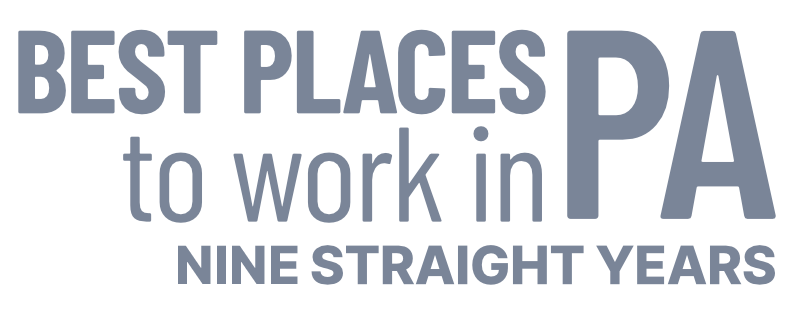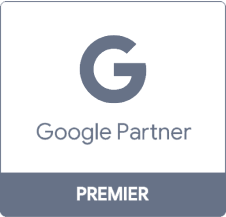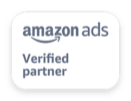4 Reasons To Optimize Every Page on Your Website
It should come as no surprise, then, that one of the common questions our team hears is “Do I really need to optimize every page on my website?”
In short: Yes.
Keep reading to learn why, and give us a call at 888-601-5359 to start optimizing to your site.
Time to Level Up Your Sales
Our long list of services helps you grow every aspect of your business with marketing strategies that are proven to increase bottom-line metrics like revenue and conversions.
In the past 5 years, we’ve managed more than 14.9 MILLION transactions across our client base.
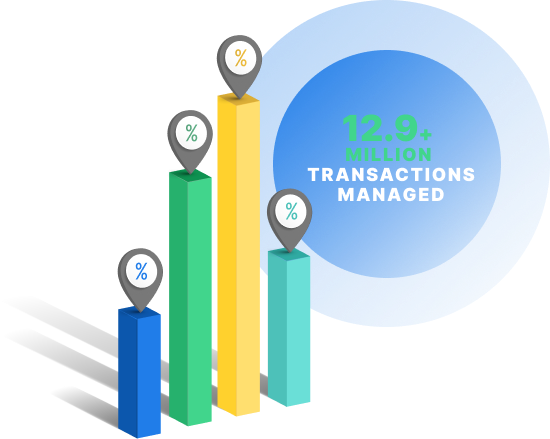
1. Optimization includes how search engines understand your pages
Unlike your site’s human visitors, search engines can’t use visual information and context to determine what a page is about. Instead, they rely on text and HTML elements to determine the topic of each one.
Search engines index this information, and when users search specific words or phrases, they provide the most relevant pages in their database. Each search engine has its own algorithm for ranking pages, but popular ones like Google and Bing use hundreds of factors to determine how to order results.
If your page doesn’t provide all of the necessary information that a search engine needs to understand it, it probably won’t rank well in search results. Even worse, the sites that outrank yours likely belong to your competitors.
This means that if you want to reach potential customers, search engines need to be able to understand your site. And the more pages you optimize, the better they’ll be able to do just that.
2. Each page can rank for different keywords
Although your site’s domain authority influences how well your pages can compete with other sites, they can each rank for different keywords and phrases. This means that if your site has 100 different pages, you could potentially try to rank for 100 different searches.
In order to do that, you’d need to optimize each page for unique keywords. This may seem tedious, but search engines like Google will only show one page from any given site in its search results for most searches. This means that if you have five pages all optimized for the same keyword, they’ll end up competing with one another.
It’s much more effective to choose different keywords for each page. That way, instead of competing with each other, your pages can compete with other sites within your industry.
3. Keywords help visitors find what they want
When your potential customers begin their search for the things they need, they likely use general terms related to those products and services. They’ll research the different options that you and your competitors offer and possibly make a purchase right then and there.
More likely, however, is that they’ll research their options, then move onto something else. Later, they’ll recall the names of the sites they visited, and want to learn more. They’ll type the name of one of the companies, along with a term like “pricing” or “reviews” into a search engine.
If you have content optimized for these keywords, they’ll easily be able to find the relevant page on your site. If you don’t, they might click on a different one and spend some time clicking through your site to find it.
Or, they’ll just type a different company’s name into that search engine and go with information that’s easier to find—and that’s not a risk you should be willing to take.
4. Unique title tags and meta descriptions can improve click-through rates
Two of the easiest elements to optimize on any page are the title tag and meta description. They’re short (55 and 155 characters, respectively) and tell search engines and visitors what the page is about.
Using keywords in your title tags can help your pages rank higher for those keywords. And although meta descriptions don’t directly affect rankings, they can improve the click-through rate (CTR) for pages that are already ranking in search engine results.
This may not seem like a direct SEO benefit since optimization is usually done to improve rankings.
However, the purpose of achieving high rankings is ultimately to attract potential customers to your site. And if you can do that simply by altering your pages’ meta descriptions to be more informative and interesting, it’s certainly worth the effort.
As an added bonus, a high CTR may be a positive signal for search engine algorithms. This means that the more clicks you earn, the higher you could rank. So although they aren’t a direct SEO factor, optimizing your pages’ meta descriptions is a smart SEO move.
Want to improve your SEO strategy?
Optimizing each individual page on your site for unique keywords is the best course of action for attracting potential customers to your site. Although it can be a challenging task depending on the size of your site, the potential returns are worth the investment of time.
If you’re ready to improve your SEO but don’t have the in-house resources, don’t hesitate to contact us! We have years of experience creating and managing successful strategies for clients in a variety of industries, and we can do the same for your business.
Marketing Tips for Niche Industries
- SEO for Workforce/Staff Management Companies
- SEO Strategies for Physical Therapy
- SEO Success Tips for Home Security Companies
- SEO Tips for Online Education: Reach Students with SEO
- Simple SEO Tips for Home Improvement Companies
- Six SEO Success Tips for Auto Service Centers
- Success with SEO for Home Services Companies
- Successful SEO for Motorcycle Dealers
- Successful SEO Strategies for Home Energy Companies
- Tourism SEO: 3 Tips for Getting Started

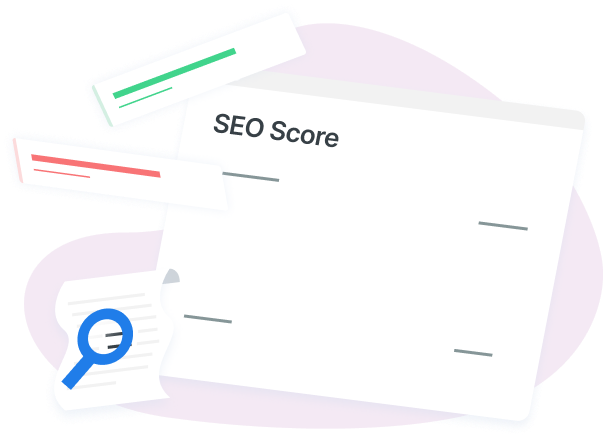
How Is Your Website's SEO?
Use our free tool to get your score calculated in under 60 seconds.

